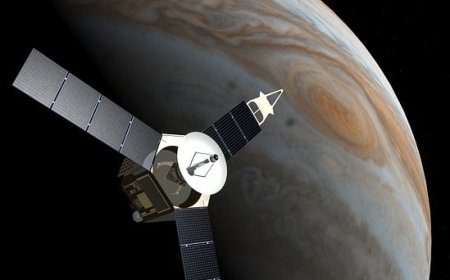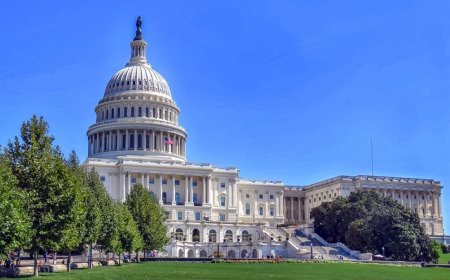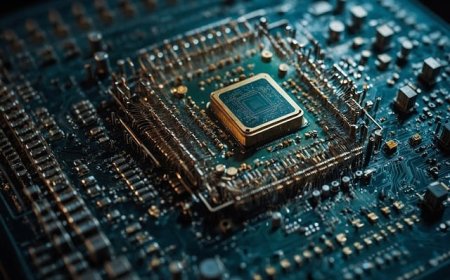OpenAI Pushes Back Against Musk’s Lawsuit, Citing His Early Support for For-Profit Shift

OpenAI has responded to Elon Musk’s lawsuit by underscoring his past advocacy for transitioning the organization to a for-profit model, a move Musk initially supported before later seeking control over the company’s governance.
Musk's Early Involvement and Disputes Over Governance
Elon Musk, a co-founder of OpenAI, has criticized the organization for straying from its nonprofit origins, filing a lawsuit in August following a similar complaint he withdrew earlier. However, OpenAI contends that Musk played a key role in discussions about its structure before the nonprofit launched in 2015.
Internal emails from the time reveal Musk questioning the feasibility of a purely nonprofit structure, suggesting a hybrid model involving a for-profit corporation alongside a nonprofit. OpenAI argues this demonstrates Musk's early support for a flexible organizational approach.
By 2017, Musk revisited the topic, proposing a for-profit transition to align with OpenAI’s technological advancements. Co-founder Greg Brockman noted Musk's skepticism about a nonprofit's ability to achieve OpenAI’s ambitious goals, a sentiment reportedly shared by other leaders.
Tensions, however, escalated when Musk sought control of the envisioned for-profit entity. OpenAI disclosed that Musk directed his financial team to create a public benefit corporation under his leadership, demanding majority ownership, board control, and the CEO position. These terms were rejected, and Musk departed the board in 2018.
Transition to a For-Profit Model
In 2019, OpenAI adopted a capped-profit model governed by its nonprofit arm, a move driven by the need to secure substantial funding in the competitive AI landscape. Microsoft and other investors later provided significant financial backing under this structure.
OpenAI’s legal team revealed that Musk was offered equity in the capped-profit entity multiple times but declined. They also highlighted Musk’s 2019 request for formal confirmation that he held no financial interest in OpenAI's operations.
Competing Visions for AI
Musk’s August lawsuit accuses OpenAI of betraying its founding principles with the for-profit transition. However, OpenAI counters that his claims ignore his early role in advocating structural changes. The organization asserts that the shift was essential to securing the resources needed for AI innovation.
Since leaving OpenAI, Musk has launched xAI, positioning it as a rival in the AI sector. Backed by billions in funding, xAI has introduced its own AI models, directly competing with OpenAI’s products like ChatGPT.
The ongoing legal dispute reflects broader tensions over AI’s future, with OpenAI and xAI vying for leadership in the rapidly evolving field.
What's Your Reaction?


































